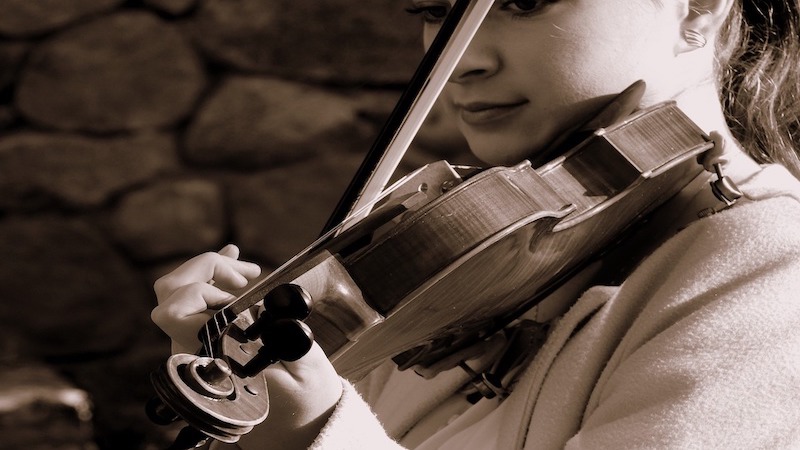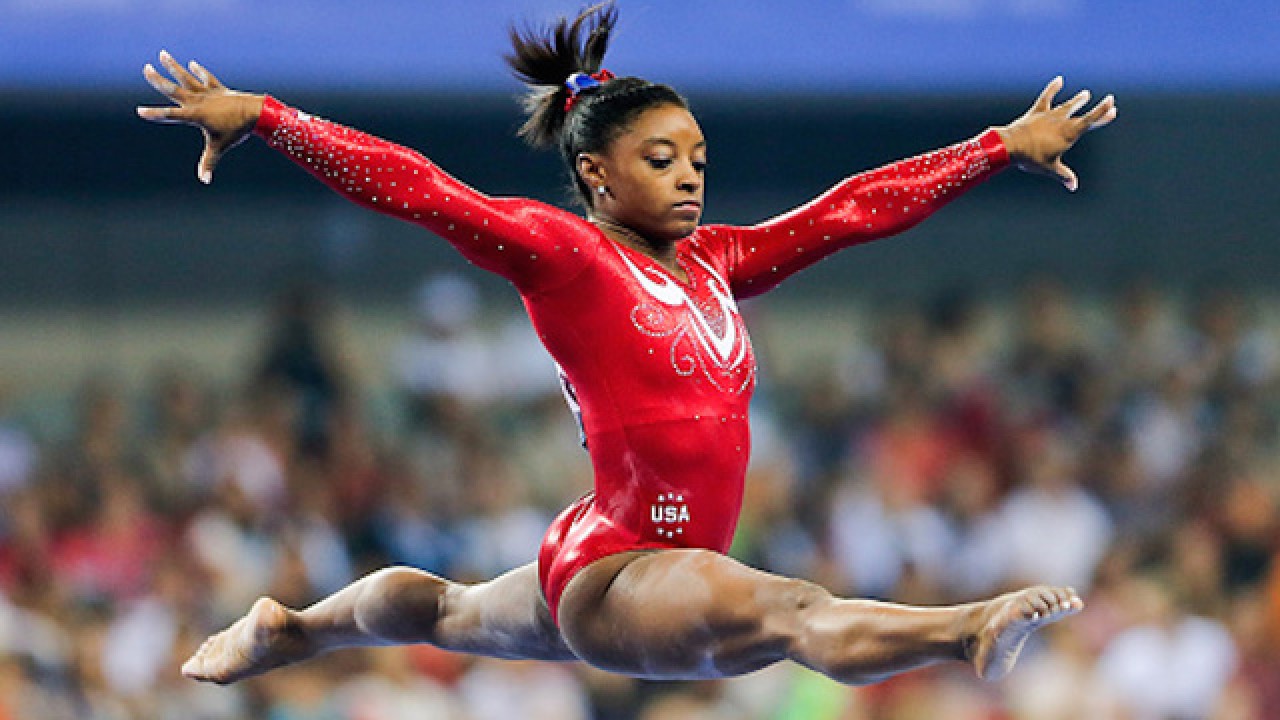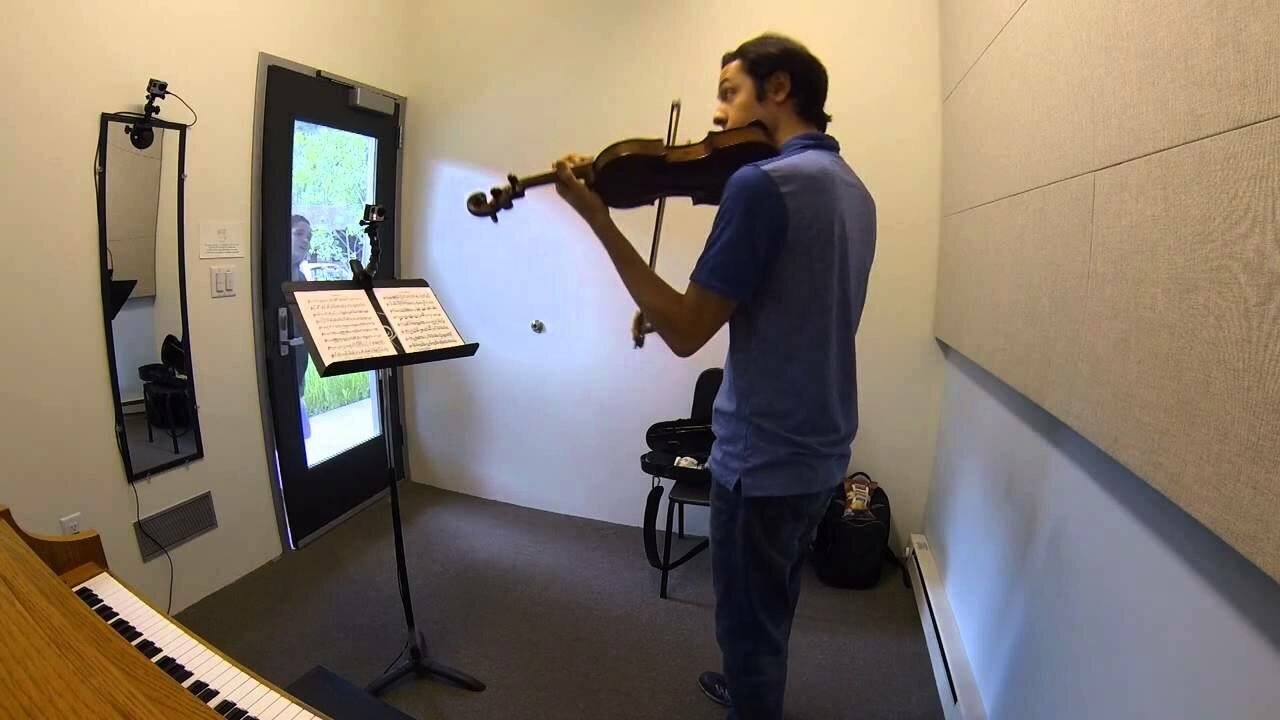A follow-up to my earlier article What Is Practice?
Debussy: 12 Etudes – No. 1. Pour les cinq doigts (For the five fingers) (Joseph Moog, piano)
No. 11. Pour les arpèges composés (For written arpeggios) (Joseph Moog, piano)
 “Practice Makes Perfect” is an over-used phrase, familiar to music students and musicians over the world. It’s also untrue, because perfection is an artificial, unachievable goal.
“Practice Makes Perfect” is an over-used phrase, familiar to music students and musicians over the world. It’s also untrue, because perfection is an artificial, unachievable goal.
“Practice Makes Permanent” is a more accurate mantra: practice incorrectly and errors and bad habits become ingrained and hard to shift. Practice with thought, care and intelligence and our music becomes deeply embedded in the memory for years to come.
Understanding how to practice is crucial, and the sad thing is that many children and adults, and even music students in conservatoire, do not know how to practice properly, and therefore precious practice time may be wasted. Here are some suggestions on how to practice productively, and to gain enjoyment and satisfaction from practicing.
– Always aim for quality not quantity. Many people are under the misapprehension that music students and professional musicians spend hours and hours in the practice room, but this kind of mindless “note bashing” is counter-productive because we have finite amounts of concentration/energy. Instead, learn how to super-efficient in your music practice. If it helps, map your practice time in advance and keep notes of progress in a notebook. These notes should include 1) what you plan to achieve at each practice session and 2) what you actually achieved. The notes you make after the practice session should offer food for thought and consideration at the next practice session.
– Create a sensible routine for practicing and try to stick to it. For example, always aim to practice at roughly the same time each day. By doing this, the routine of practicing is quickly embedded into your daily schedule and becomes habitual. Research has shown that regular focussed practicing – ideally every day – leads to noticeable progress and results. However, allow your practice plan some flexibility – there will be days when you can’t practice, or don’t feel like practicing, and it is important to be kind to yourself in those situations, rather berate yourself up for not practicing. Very rigid schedules can also be unrealistic and discouraging.
– Banish distractions: remove or turn off your phone/computer and try to keep the place where you do your music practice free of other distractions, allowing you to focus fully on your practicing.

© nearsay.com
– Don’t do all your practicing in one session (and bear in mind that after about 45 minutes, one’s attention is waning and it’s time for a break, if only five minutes to do some stretches and make a cup of tea). Taking breaks during practice time helps to keep one focussed and engaged and ensures practising is productive and mindful, rather than mindless “note-bashing”.
– Learn how to dissect the pieces to spotlight which areas need the most attention. Take out technically challenging sections and “quarantine” them so that they get super-focused work. And don’t just quarantine sections once: build quarantining into your regular practise routine and return to those problem areas regularly to ensure noticeable improvement.
– Break the pieces down into manageable sections and work on those areas which are most challenging (technically, artistically or musically) first while your mind is still fresh and alert. Start anywhere in the piece, work on a section, and then backtrack and do an earlier section before knitting those sections back together.
– Add variety to your music practice. If you have several works on the go, have the pieces on rotation, so that you start with a different work (or movement if playing a sonata or multi-movement work) at each practice session rather than spending a week, say, working on a single piece. This avoids boredom (the enemy of productive practicing!).
– Even when you feel a piece is well-known and finessed, spend some time doing slow practise, memory work, separate hands practise etc. Be alert to details in the score – dynamics, articulation, tempo etc: even, and especially, when a piece is well-known we can become complacent about such details and overlook them.
– Take time after each practice session to reflect on and self-critique your playing – make notes if it helps. The ability to self-critique, highlighting both the positives and areas which need improvement, is a crucial skill for any musician as it fosters self-learning and builds confidence, and is a component of the skillset of “deliberate practice”, self-regulation and self-determination.
– Practice away from the instrument. Spend time reading the scores and listening to recordings or go to concerts where your repertoire is being performed – not to imitate what you hear but to get ideas and inspiration.
– When we’ve been working on the same pieces for a long time, we can lose sight of what we like about them as we get bogged down in the minutiae of learning. It’s always worth remembering what excited you about the pieces in the first place, why you chose them and what you like about them.
Practicing is a process and a craft. We use our head, heart and hands to practice intelligently, and we can practice like an Olympic athlete with commitment, discipline, focus and self-belief to fulfil personal goals and achieve noticeable results.





Hello. I have been playing for many years,as an amateur, and semi professional. I had a stroke a few months ago. I am trying hard to get back to playing. Advice on how to practice in this case would be very useful.
Oscar Peterson’s recovery from a stroke in the mid nineties is quite an inspirational story.
Hello Dennis – thank you for your comment. I’m not a specialist in teaching people recovering from stroke, but for anyone who has had an injury, I would suggest the following approach:
– Little and often. Limit your practice time to short periods, rather than a long session, to avoid becoming tired
– Always warm up before you practice, using simple exercises such as gentle scales and arpeggios, etc, and/or exercises done away from the piano such as these (devised by one of my teachers who is a specialist in pianists’ health): https://crosseyedpianist.com/2011/05/14/yoga-for-pianists/
-Select music which you enjoy playing, rather than that which you think you “should” be playing. Also perhaps select slightly easier music to start with – this will help technically and emotionally, as more challenging repertoire may be dismotivating.
– Never play through pain
Frances